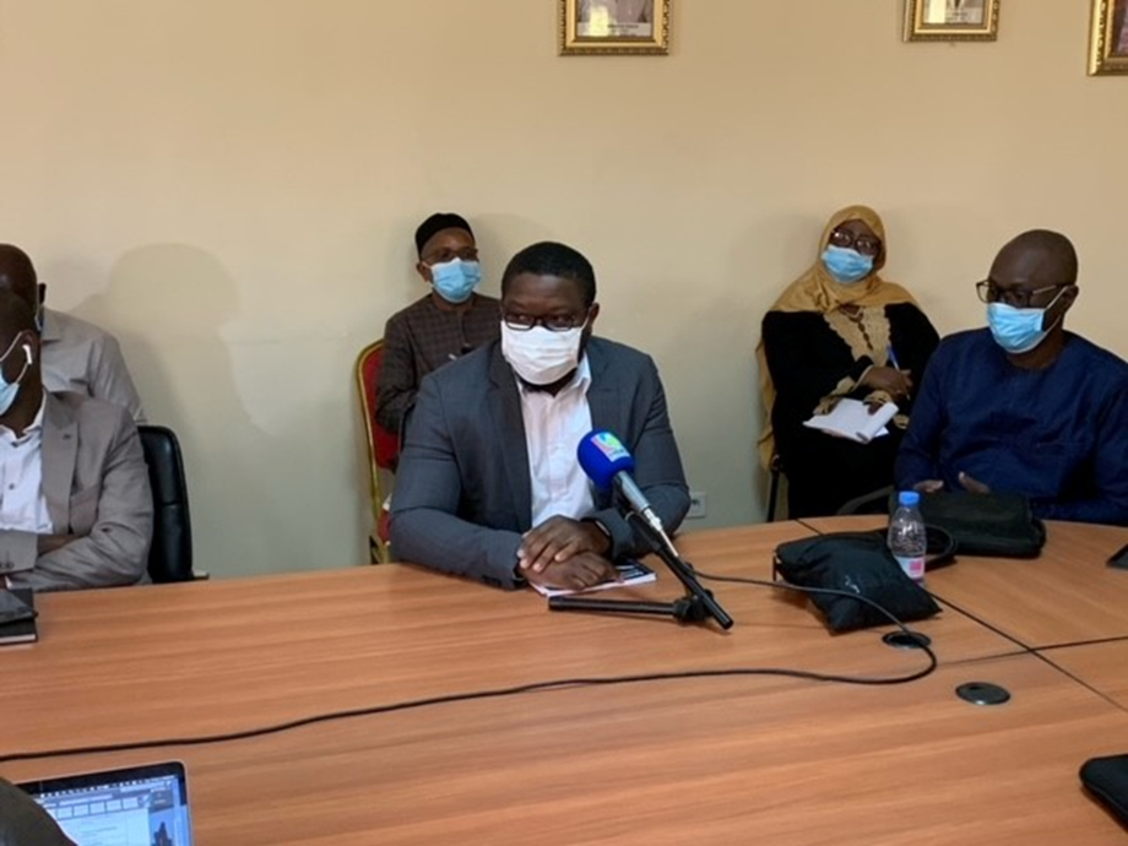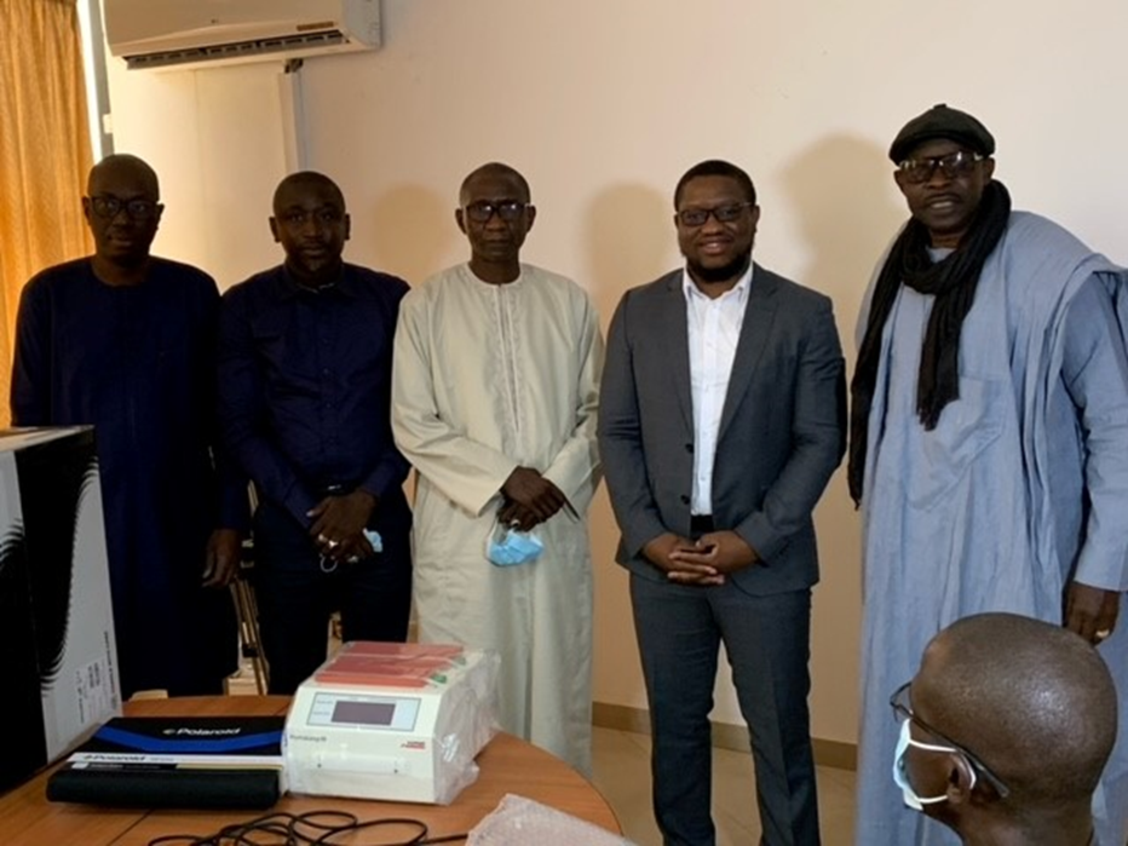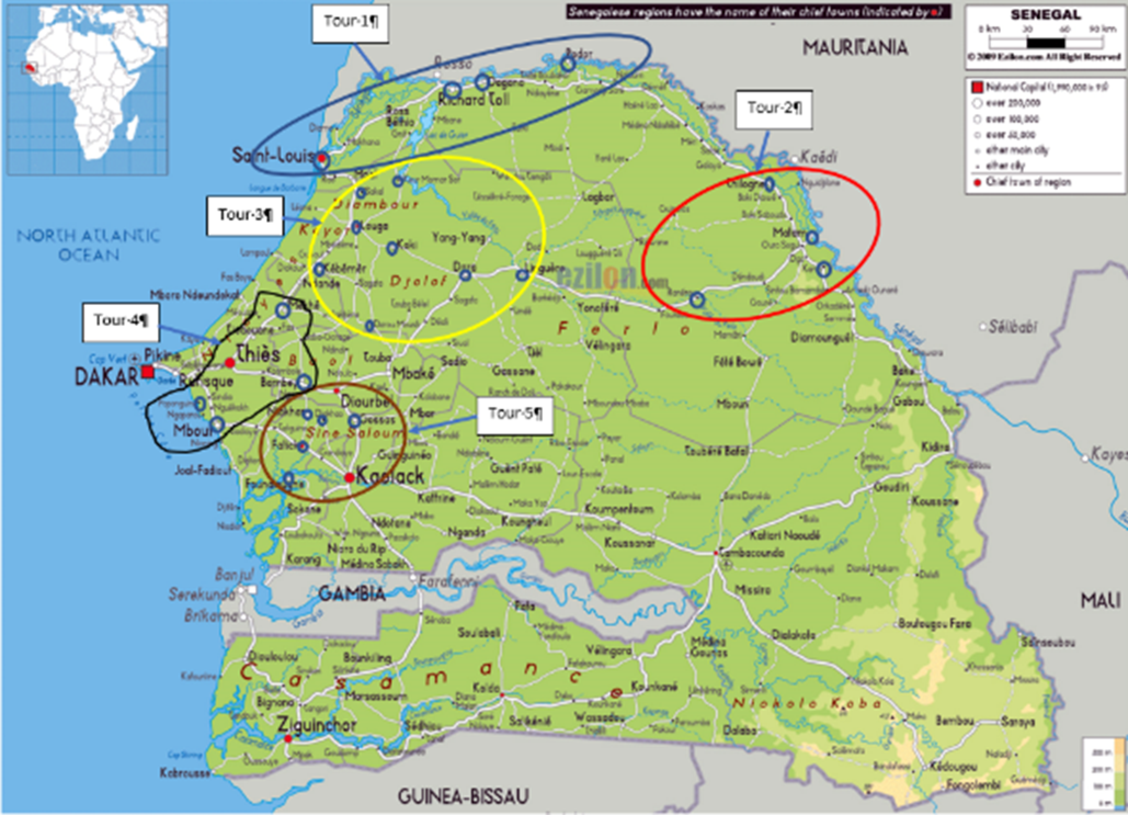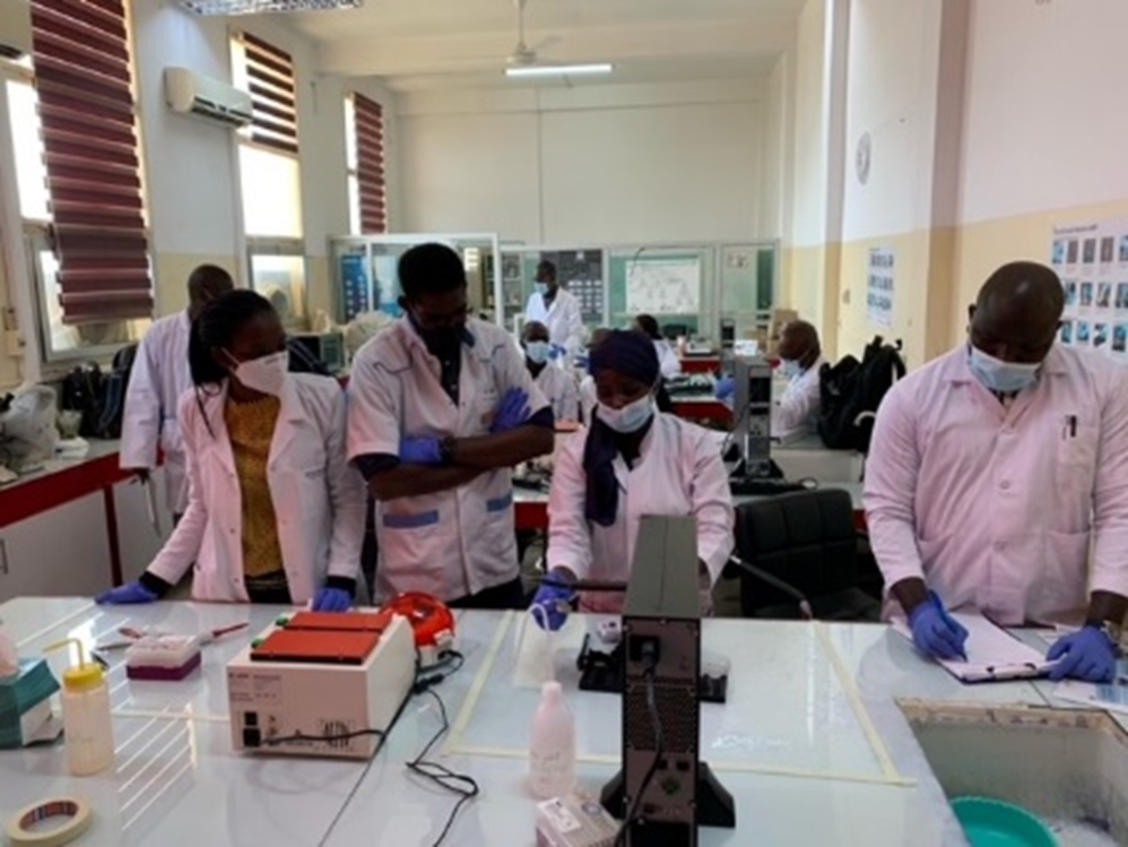- Lab Professionals
- Trends & Topics
On the way to eradicate one of the most important infectious diseases: Malaria-LAMP implementation in Senegal
Malaria is still one of the most important and widespread infectious diseases worldwide - also in Senegal. Based on data from the National Malaria Control Programme (Programme National de Lutte contre le Paludisme; PNLP), the morbidity rate was over 33% between 2001 and 2006. After that, the introduction of various tests (such as rapid tests) has succeeded in steadily reducing this number to below 10% and even to 3.81% in 2020. This shows that Senegal is getting closer to eliminating malaria. It is now important to find the right testing methods to diagnose the remaining people, make sure that in region of the country where prevalence became very low, that there are no more active cases and thus eradicate malaria.
One of these methods in the coming years will be Malaria-LAMP as microscopy and RDT’s are not able to track down parasites in low-transmission settings. The molecular LoopampTM workflow allows for the easy DNA extraction and preparation of reaction mixes in a few steps without any additional equipment. Reagent storage and shipment at room temperature and the excellent test performance make molecular pathogen testing available in rural areas with limited settings. To support this HUMAN offers many analyzers and laboratory instruments that can run for more than 2 hours on battery power with our battery system. Some instruments like the HumaLoop T/M or HumaTurb C+A system for LAMP can even be powered for a full working day off the grid with HUMAN’s battery. If needed, the battery can also be charged continuously by a solar panel.

The Loopamp™ Malaria Pan Detection Kit is a qualitative test for detection of Malaria Pan species (Plasmodium ovale, P. vivax, P. malariae and P. falciparum) in human blood samples. In addition, the Loopamp™ Malaria Pf Detection Kit and the Malaria Pv Detection Kit are used to differentiate Plasmodium falciparum and Plasmodium vivax parasites.

All these advantages have led the PNLP in Senegal to implement and roll out the highly sensitive molecular Malaria-LAMP solution in the country.
In a pilot project 58.000 Malaria LAMP tests are performed at 30 different sites in the northern part of the country. In this region, the prevalence of Malaria has extremely dropped down with the time and therefore, the current technology on the ground such as RTD, etc. are no longer detecting malaria cases efficiency.
Overall, it is planned to run the project for 3 years as a start. The project kicked off with the official hand-over ceremony of a HumaLoop M instrument in Dakar in April 2021 by our International Sales Manager Christian Ngandeu.

This was followed by an on-site train-the-trainer session to ensure proper use of the Malaria-LAMP workflow within the HumaLoop M sites by laboratory staff.
When the rainy season and thus the "malaria season" finally began and all the instruments were installed, testing could officially begin.
On June 4th, 2021, PNLP has finally published a national guideline on the implementation of Malaria-LAMP in the routine testing in Senegal. In this way, we hope to make a major contribution to tracking down malaria patients and helping to eradicate the disease in Senegal.







